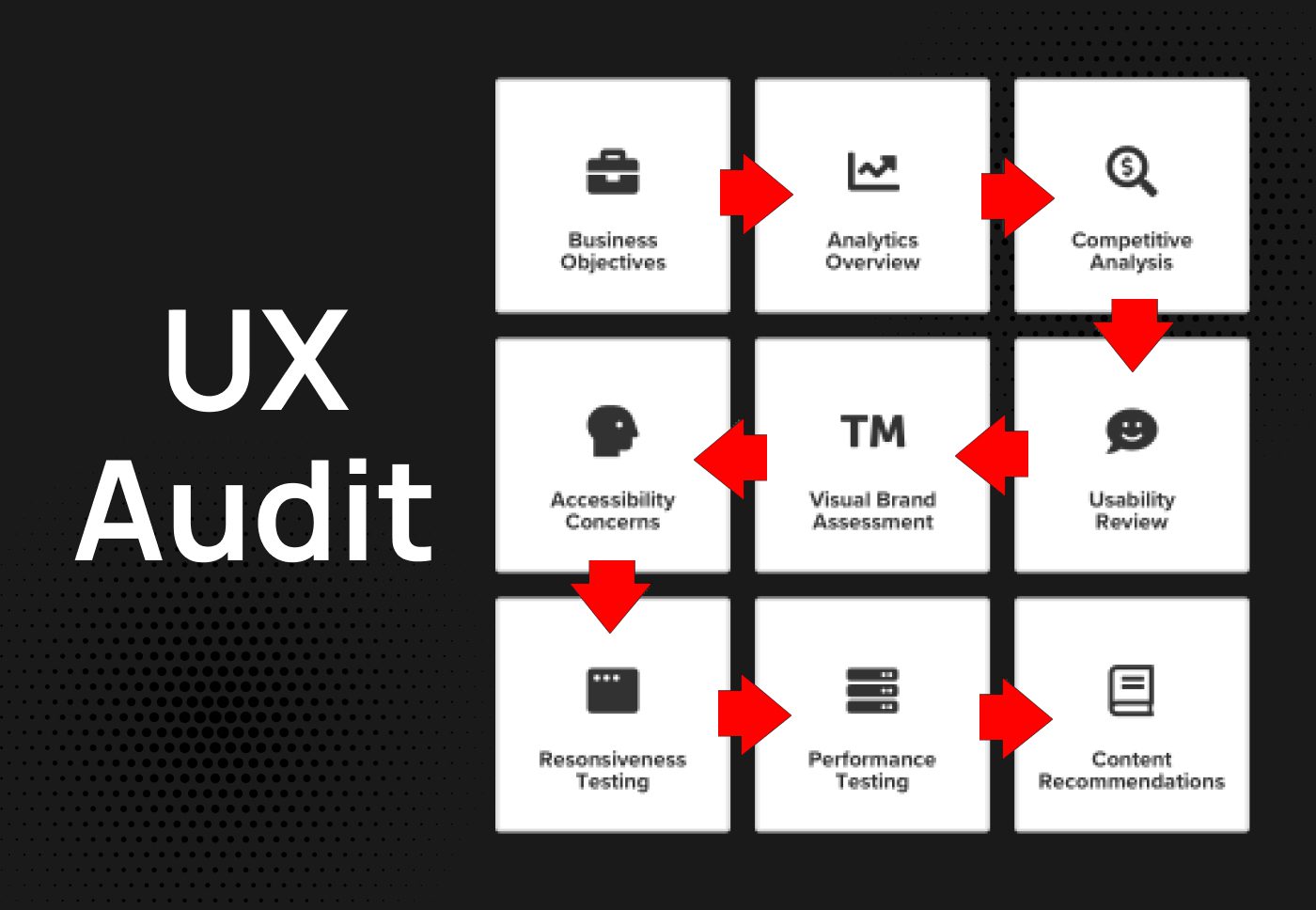
The decision to choose between a mobile app vs mobile website is a tough one. With more than 5.1 billion mobile users in the world, it all comes down to how they should navigate around your business on their smartphones.
What are some of the major factors that affect this decision? We can help you make a conscious choice based on some of the essential points we are discussing below.
How to identify mobile apps Vs website apps
To break it down, a mobile app is a software application designed especially for hand-held phones and mobile devices. Also known as native apps, businesses use these mediums to promote their business.
A great example of a native app is the popular social media app, Instagram. Instagram’s app is specifically designed to run on iOS and Android devices, with unique features like photo editing tools and the ability to access the device’s camera, microphone, and location. Since the app is built for a specific platform, it can provide a seamless user experience and high performance.
On the other hand, a mobile website or a phone-ready website is essentially a responsively designed website that connects several pages that can be accessed via a mobile browser. A good example of a web app is Google Docs.
Google Docs is a cloud-based office suite that runs within a web browser and allows users to create, edit, and collaborate on documents, spreadsheets, and presentations. Since Google Docs runs within a web browser, it can be accessed from any device with an internet connection and a web browser, making it a flexible and convenient option for users.
Major Differences between Mobile App & Website
While mobile apps and websites share a few things in common, like UI/UX design, they differ in other terms. These differences are the basics that businesses should consider.
The basic differences also lie in the cost, the model of approach, platform among other things. The choice between a native app and a web app depends on the project’s specific needs, with native apps providing a more immersive user experience and web apps being more accessible and flexible. Now let’s explore a few more differences between mobile apps and websites.
Cost
When it comes to cost, mobile websites are known to be more budget-friendly than their counterparts. This is because the cost of a domain name, development, content, and marketing doesn’t add up to the cost of a mobile app.
Mobile apps require a wider budget as development, project management, analytics, and more are scheduled to cost you. To gain some clarity on the subject, you can check out our blog.
Accessibility
A mobile app can be accessed via the Play Store or App Store, whereas a mobile website requires a web browser.
Content Navigation
As the name suggests the content in a mobile app is placed differently with more CTAs so as to lead to different page types or content areas. In addition, since the navigational setup differs, you will also find information architecture to be quite different.
Due to that, some find the mobile app more appealing than the browser as it might want you to open different links.
Internet
Mobile apps work well without the internet, although you may be robbed of some features. On the contrary, mobile websites require the internet.
Complexity
Mobile apps come with an interactive user interface, features that offer suggestions for engagement, and specific other customizable features that make them more complex than a website.
Mobile apps can also assess the built-in features of your smartphone, making them a complex affair. At the same time, websites, also known as a collection of pages, sometimes tag along a different line of complexity.
Why Choose a Mobile App?
Businesses want to provide what customers require. And nearly 85% of users prefer mobile apps over websites leaving businesses to do the rest. Moreover, business requirements are also complex and change according to what’s new in the market.
Since these complexities require investment and businesses aren’t short of it, opting for a mobile app seems the right way forward.
User experience
One of the advantages of using a mobile app is the user experience. Apps are more personalized and can give you what you need. They are designed for a specific size and offer the benefit of being portable.
Moreover, mobile apps offer the following benefits
- Personalization features and services
- Seamless working ethic
- Faster conversions for businesses
- Offline work experience
all of which contribute to the user experience being better than that of a mobile website.
Brand promotion
Mobile apps have often been classified as an opportunity to promote your brand and take it to new heights. The notification-enabled feature in mobile apps has always been a way of making your brand’s name remain in customers’ minds.
Moreover, apps follow constant development trends, making them a business opportunity that regularly renews your services. For example, companies such as IKEA have been exploring the potential of mobile apps by bringing AR-based apps where users can virtually place furniture in and around their homes.
Why Choose a Mobile Website?
As a business platform, you need not only consider mobile apps because mobile websites also offer a few benefits. So here they are.
Adaptive
Mobile websites are adaptive and cost half the price of an app. They fit into all mobile screens and don’t require additional features to get going. Apps, on the other hand, need you to make separate iOS and Android versions.
Without these versions, an app isn’t adaptive, and that is where a website shines. While a website is defined by the mobile screen, it remains the same and conveys the same point.
Updates
Updates apply to both mobile apps and websites. But there’s a slight advantage for websites. Mobile updates must be verified by either Google or Apple, making the process time-consuming.
Websites, on the other hand, don’t have such problems because the update is available as soon as it is uploaded to the server. Users don’t have to wait and can instantly access these updates unless the person updating it has decided to take a day’s leave.
What’s best for business?
Looking into some of the most important points that draw the comparison between mobile apps and websites is an ideal way to choose what’s best for business. So let’s start with costs, where we look into the cost of developing an app and a website.
Takeaway: Mobile websites are ideal for small businesses since they are budget-friendly.
Takeaway: Businesses can expand their features and provide more for users with the customization features of mobile apps, but it all comes at a cost.
Takeaway: Businesses that promote apps are providing customers with easy options to purchase a product and thus face higher conversion rates.
Final Thoughts
From all the comparisons and analysis, it is clear that mobile apps are better for businesses wishing to promote their brand. While they aren’t affordable, they are cost-effective, which could significantly boost your business.
Explore the possibilities of developing a mobile app for your business. And contact us, a UX design company in Dallas (US) laser-focused on creating success.
FAQs
What are the pros and cons of using Mobile apps
Mobile App Pros:
- Better User Experience: Mobile apps can provide a better user experience by leveraging device-specific features such as cameras, GPS, and sensors.
- Faster: Mobile apps tend to load faster than web apps since they are stored on the device rather than being fetched from a server every time they are accessed.
- Offline Capabilities: Mobile apps can be designed to work offline, enabling users to continue using them even without an internet connection.
- Customization: Mobile apps can be customized with unique branding, animations, and graphics.
Mobile App Cons:
- More Expensive: Developing a mobile app is typically more expensive than developing a web app due to the need for specialized development and testing tools.
- Platform Limitations: Mobile apps are designed for specific operating systems, which can limit the potential audience.
- App Store Approval Process: Getting an app approved for distribution on an app store can be time-consuming and complex.
- Updates: Users must update their apps to get the latest features, which can result in app fatigue.
What are the pros and cons of using web apps?
Web App Pros:
- Cross-Platform Compatibility: Web apps can run on any device with a web browser, making them more accessible to a wider audience.
- Easy to Update: Web apps can be updated in real-time without requiring users to download updates.
- Cost-Effective: Developing a web app is typically less expensive than developing a mobile app since it requires fewer specialized development and testing tools.
- No App Store Approval Process: Web apps can be hosted on any web server without the need for approval from an app store.
Web App Cons:
- Limited Functionality: Web apps often lack the functionality and features of mobile apps, such as access to device-specific hardware.
- Slower: Web apps tend to load slower than mobile apps since they require a server connection to operate.
- Offline Limitations: Web apps cannot be used offline or without an internet connection.
- Less Personalization: Web apps may have limitations when it comes to customization and branding compared to mobile apps.
What is better to use: Mobile App Vs Web App?
From being faster to use to have more features, mobile apps are known to have more benefits than web apps making them the better choice.
Does a mobile app or web app cost more?
Since mobile apps are platform-centric, they are way more expensive than web apps and thus cost more.









